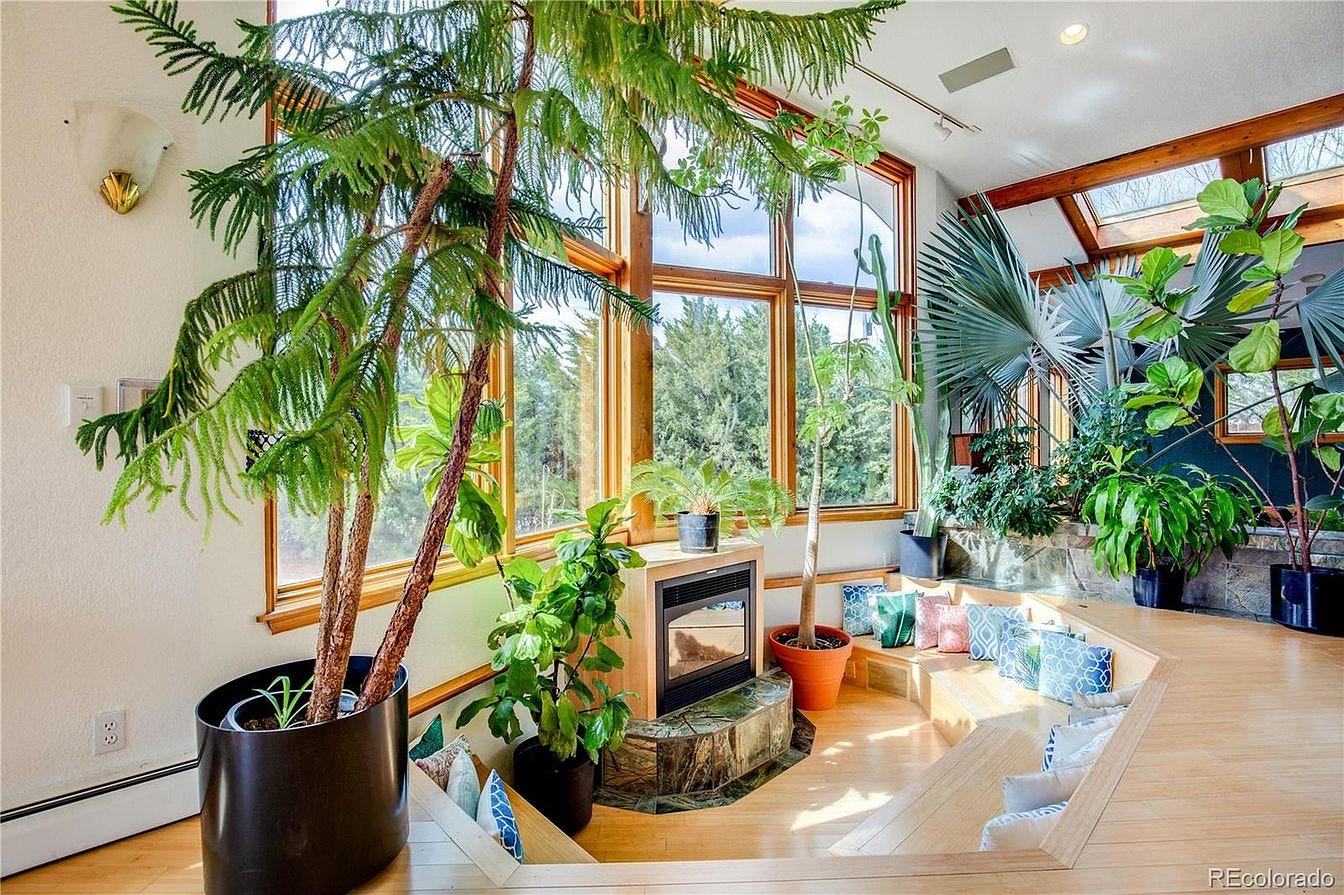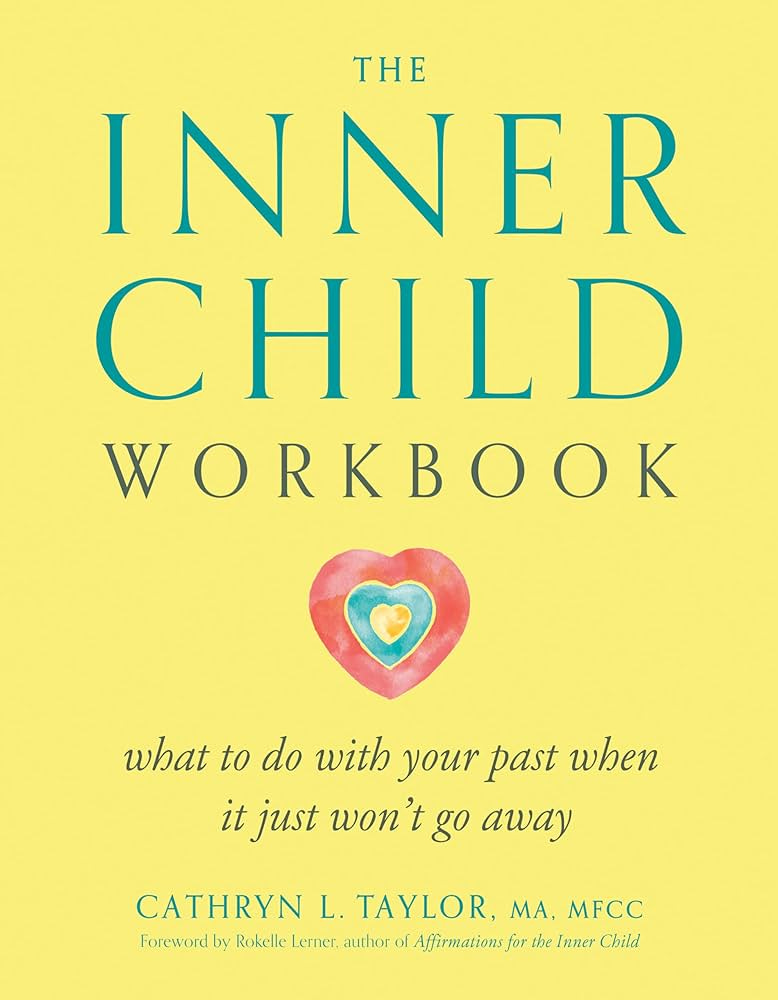Welcome to the Psychedelic Renaissance pt. 3
Who should go to a psychedelic retreat? How do they work? What makes them good? What should you expect?
Previous Blog Posts
Welcome to the Psychedelic Renaissance pt.1 - This blog post was about the background of psychedelics in America and why I’m calling it a renaissance.
Welcome to the Psychedelic Renaissance pt.2 - This is my “trip report” where I go into great detail about my personal experiences and benefits.
Brief Intro
Before we begin, a caveat: I have only been to one psychedelic retreat, so much of what I share will be particular to this retreat. However, given that the promised results of this retreat still fell short of what I actually achieved, I will stand behind the value of the Ceremonia Circle retreat. Furthermore, this is not sponsored content. I am doing this voluntarily to help out Ceremonia. Any proceeds generated by my contribution to Ceremonia will go to their Scholarship Fund, which provides financial aid to those who need help to go.
Below is an interview I conducted with Austin Mao, the founder of Ceremonia, to serve as a companion to this blog series.
Note: there was a problem with the audio at some points. Please just know that the audio gets bad for a few seconds at a time and then goes back to normal. Not sure if it was internet, Riverside, or a microphone.
If you decide to go to Ceremonia Circle, use discount code FRIENDS-SHAPIRO to get 10% off your experience. Even more, that 10% savings will go towards their Scholarship Fund, which will help less advantaged people go on their experiences.
What the heck happens at a psychedelic retreat?
The program at Ceremonia is rather comprehensive. At a very high level, there are a few phases, or stages, that you go through.
Weeks Before: In the weeks leading up to the retreat, there are Zoom meetings, a WhatsApp group, and readings that you can do. This prep work will start getting you introduced to the people so they are not strangers by the time you’re in the retreat together, plus it will equip you with some baseline knowledge and skills.
The Retreat Itself: The retreat is a five day event where you eat, sleep, attend workshops, and yes, do psychedelic ceremonies. Each day is filled with shared meals, tons of workshops (more on these in a moment), and three separate psychedelic ceremonies.
Weeks After: Integration continues in the weeks following the retreat with Sunday Service as well as a more intensive two-week set of integration workshops that you can do from home.
There are plenty of reasons for this level of involvement, but of course much of it is optional. Personally, I really dragged my feet and only engaged truly with the program in the last week leading up to the retreat. I had a very wounded part of self, which I call the Hermit (which is actually a part of myself, from when my parents divorced) that just wants to be alone and tries to sabotage everything. That’s another story. Anyways, my point here is that you get out what you put in, and this offering is far more than many other offerings.

Who should go?
In my cohort, we had myself and my wife, plus a high-powered attorney, a retired anesthesiologist, an art student college dropout, and someone who just got dumped, lost her house, and her job all in the space of like 60 days. And that wasn’t even the whole class. In the broader Ceremonia community, there are plenty of people from all walks of life. Initially, Ceremonia was meant to serve entrepreneurs, founders, tech elite, and that segment of the population. However, as they’ve solidified their process and their offering, they’ve come up with a retreat schedule that works for almost everyone.
Okay, but why should I go?
Anyone who respects plant medicines will tell you not to go if you’re not ready. So let me reiterate: if it scares the hell out of you and you just have a gut reaction that says NOPE, then don’t go. You’re not ready, or maybe it’s not for you. There’s no judgment.
However, if you do feel the calling (which, if you’re reading this, I suspect you sense it) then there’s a few reasons that you might actively want (or need) to go. Let me start with why I went: burnout.
I already wrote about this in the previous cycles of this blog series, but let me add some new thoughts: burnout is as much a spiritual sickness as it is a mental and body sickness. I can’t really put more words to it than that, but realizing that I was sick from top to bottom, in many different dimensions of my being, is why just resting on the couch or just spending more time in nature wasn’t changing my burnout.
So let me break it down into a handful of categories of people who may want to go, or rather, what benefit you might expect to receive:
To feel better: At the end of the day, I think many people go to psychedelic retreats because they don’t feel good. They may feel lonely, depressed, burnt out, or any number of other psychosomatic ailments. Now, a caveat, this is not a medical procedure or a clinical practice. It is a religious and spiritual practice that is informed by Eastern, Western, and Southern traditions including science, psychotherapy, shamanism, psychology, and a number of religions from around the world. Ultimately, what happens for many people, is they feel markedly better. I will attest to this.
To find meaning and purpose: I’ve written quite extensively about the Nihilistic Crisis we’re mired in and the concept of Radical Alignment. There is something very old yet also very new in the synthesis that Austin has created at Ceremonia. When I went to Ceremonia, I had already been in touch with my Divine Purpose (or maybe my Soul’s Mission? you get the idea) but that mission was reiterated to me during my first ceremony. As Austin says in our interview, everyone has the same questions: Why am I here? What is my purpose? What does it all mean? Ceremonia does not dogmatically lecture you, but rather, provides an opportunity for you to find out for yourself. Their mantra is “Only you know.”
To become who you are meant to be: This may sound a bit more woo-woo to some, but think of it this way: the unique situation of your birth, including your genes, the place and time, and your family, all started you on a trajectory in life. In the vastness of the universe, there was a unique instance of life that was you, with (nearly) boundless potential. Over the course of your life, things have gone sideways at times, and at other times, they have gone catastrophically awry. Spiritual healing and growth, combined with the psychosomatic benefits of ritual ceremony space, will help to radically realign you to who and what you are at the very core of your being.
I could enumerate countless more little reasons that you might want to go, and the benefits you might expect to reap. But these three categories, I think capture the overarching carrot, the reward for the work. And it is hard work, much harder than I expected.

What’s up with these workshops?
My wife says that I’m a “True Gryffindor” and so I tend to just jump in feet-first. Basically all I knew for certain going to Ceremonia was that there would be psychedelics and not much else. As one of my friends said years ago, my mantra seems to be:
Cry YOLO and let slip the dogs of war!
I learned from my ceremony that I am pathologically curious, and so I really just want to find out what happens.
For the 99% of you out there that are more cautious than I am, and have an intact sense of self-preservation, here’s the rundown:
First, think of Ceremonia as a combination of retreats. It’s part mindfulness meditation retreat, part yoga and embodiment retreat, part spiritual retreat, part art retreat, part social connection retreat, and oh yeah, they also have psychedelic sacraments and incense.
There are about two dozen workshops spaced out over the five days, though it varies depending on cohort and everyone’s energy level. For instance, we skipped a few because everyone was incredibly tired in the middle of the retreat. Rest is critical. I also skipped a few because of altitude sickness and a sinus infection.
Circling, which is a format of social connection and communication, serves as a critical workshop that we did daily. My wife and I have adopted Circling into our marriage communication toolbox.
Harvesting is another regular workshop, or at least part of the workshops, whereby we “harvest” the value from our experiences, a type of structured reflection to make sense of our experiences.
Dance and movement were also recurring themes, as ways to get into our bodies, feel grounded, and get the blood flowing.
There was, of course, a lot more than all that, but at a very high level, I thought it would be good for you to be familiar with the process.
If it’s so great, why aren’t there more retreats?
Great question! And I cannot freaking wait until there are more retreats nationally! The short answer as to why there aren’t more is “Richard Nixon.” The slightly longer answer is that the nation is finally waking up to the power of psychedelics and figuring out how to use them. As mentioned in part 1 of this series, there are two primary containers for psychedelics: religious and clinical.
But beyond that, numerous institutions and segments of the population are coming to consensus. The consensus is this: psychedelics are nothing short of miraculous when it comes to psychiatric application. Beyond that, they are also nothing short of miraculous in spiritual applications. And, to top it all off, the legal reality is starting to reflect this.

Until very recently, the only way to attend a psychedelic retreat was to go out of country, such as to the Amazon, Costa Rica, or Jamaica, where indigenous cultures never left and are protected. Ceremonia was only founded in 2022.
So, it’s actually legal, right?
Yes*. I am not a lawyer, so this is not legal advice. Instead, here’s a well-cited AI-generated breakdown of the current legal situation: Legal Status of Psychedelics in Denver, Colorado.
Obviously, if you have any questions, consult your own attorney.
And what makes Ceremonia so special?
Austin and I are both systems thinkers. Austin is a serial entrepreneur, a systems builder, and a deeply intellectual person. He’s super curious, systematic, and has combined all these unique abilities into becoming the founder of something new. In the above interview, we concluded in part by discussing how Ceremonia is a synthesis of ancient wisdom and new insights, as well as a synthesis of Eastern, Western, and Southern cultures. Let me break it down on each of those dimensions:
Ancient Wisdom: Ceremonia draws inspiration from many ancient cultures, from the Shipibo people of South America to ancient Chinese Taoism, Indian Buddhism, and Japanese Shinto.
Modern Insights: By combining ancient spirituality and wisdom with modern scientific rigor and rational inquiry, these two dimensions have been merged and transmuted into something else entirely.
Eastern Culture: Drawing extensively from India, China, and Japan, the traditions, philosophy, and religious insights coming from the East have anchored Ceremonia in a fundamentally different worldview than we are used to in the West.
Western Culture: By including Western scientific approaches and even some insights from Greek philosophy, Ceremonia serves as a perfect cross-pollination of Eastern and Western values and insights.
Southern Culture: (note: by “southern” I mean the Global South, such as Central and South America, Africa, and indigenous Australia). Many cultures in the South maintain shamanic traditions to this day.
Austin has synthesized these five domains into a rather unique experience that is both deeply spiritual, scientifically backed, and highly consistent.
I’ve asked Austin several times about his process. He reads a ton, he talks to experts, and has first-hand experience. And on top of all that, he’s an experienced entrepreneur and systems thinker. Put all that together, and you’ve got an ideal person to build and optimize this kind of experience.

How do I prepare?
Let’s assume, for a moment, that you are convinced and you’re ready to go. Your next question is possibly “Okay, great, I’m ready to go, now how do I get ready?”
Read Some Books
There are a handful of books that I’d recommend to get you started:
Letting Go by David Hawkins: This book teaches you a couple things, namely the surrender technique as well as the levels of consciousness that will be helpful in understanding your rituals.
No Bad Parts by Richard Schwartz: Technically, they recommend you read this book after your retreat, but if you have time, I recommend it before, as it will give you some more context for many of the workshops.
Inner Child Workbook by Cathryn Taylor: This is purely my own recommendation. A ton of what came up for me was inner child stuff, and having a framework to talk to your inner children is critical. The concepts in this book have been essential for mine and my wife’s integration.

Past Experience
In my cohort, everyone had done psychedelics at some point in the past, whether for fun or for healing or for research. This helped immensely, as we were all familiar with the experience. For myself and my wife, in particular, we’d used them several times for going deep inside, which meant that the rituals were not at all a surprise for us.
I’ve learned to surrender to the experience, and thus can experience full ego death on relatively modest doses. Oh, as an aside, “ego death” is when the subjective sense of “you” ceases. You still experience and remember, but the ego is detached from the rest of your thought. During my first ever experience several years ago, ego death was totally involuntary and rather intense. Now, it feels more like surfing, just letting go of everything and watching my thoughts, memories, and being from a more detached place. It’s similar to how people describe NDE’s (near-death experiences). Not exactly “floating above everyone, looking down at my body” but more like the tunnel of light and sense of peace.
IMPORTANT NOTE: I am not telling you to just go out and do shrooms. I’m merely sharing my experience that those with past experience, myself included, seem to be more equipped to make the most of these experiences.
Do Some Therapy
While experience with psychedelics certainly helps, I think what helps even more is being equipped to perform introspection and the hard work of healing. My wife and I have been practicing and developing this for years, since we met really. This has allowed us to stay with incredibly hard and painful experiences and to work through them.
I watched some documentaries about psychedelics, including How to Change your Mind (which is also a book) and one of the things that many shamans and healers from Central America say is that these medicines seem to have a mind of their own. They don’t necessarily give you the experience you want, but if you’re open to it, they give you the experience you need. They also tend to titrate the intensity of the experience, as well as the depth, based on how ready you are, and the capacity you bring to the experience.
In short, there’s basically one mantra for these rituals:
You get out what you put in.
Only you know
Austin uses this as a central mantra. Trust in your own wisdom. If you are ready, you will know. If you are not ready, you will know.



